Ugandan Encounters: Exploring outside of Kampala
Exploring Outside of Kampala, Uganda
Make sure to go to Jinja to raft the Nile
Most meaningful experience:
I didn’t know what to expect as I flew from Ghana to Uganda, preparing for a volunteer project with Innovation: Africa in the Karamoja region. I knew there had been a rogue dictator years ago (Idi Amin) who’d killed thousands of people before a counterattack by the Tanzanians forced him to flee into exile. I was also concerned about the despair of East Africa – the diseases, mosquitoes, lack of infrastructure and development. Stopping en route in Kenya, I’d gone to pay for a coffee using my credit card and asked the barista if I could do the same in Uganda. He looked at me, paused and responded sharply, “no, I don’t think so”.
I was greeted at the airport in Entebbe by Father Paul who had that twinkle in his eye of those who are spiritually enlightened. He must have seen the seriousness in my expression (and a glint of anxiety) and responded with a broad smile – a smile that I would see again and again throughout Uganda over the following week. It was the “don’t worry, we’re okay” smile that instantly put me at ease.
From Entebbe, we began the four-hour drive to Mbale, stopping en route in the bustling capital of Kampala. As Father Paul exchanged money in a local bank, I browsed the adjacent bookshop and picked up “A State of Blood” by Henry Kyemba that detailed the reign of Idi Amin. I also found a book by an entrepreneurial Ugandan businesswoman who was getting other women excited about the world of business.
We continued through Jinja (home to the source of the Nile and a white water rafting adventure hub) to pick up some snacks at a local store. Father Paul explained that the lighter-skinned owner was Somalian, one of many who came to open businesses in Uganda, Kenya and Djibouti, often funded by distant relatives.
It was to Jinja that I would return after four days with Innovation: Africa, helping to install wells and solar panels in remote villages of the Karamoja region (read my Innovation: Africa blog here). It was my first introduction to humanitarian work in East Africa and by the time I left, my head was reeling from the experience – the warmth from the villagers we’d met, the visible poverty we’d encountered and the dreams that had been shattered by political conflict in Uganda.
On my return to Jinja, I stopped at local non-profit called the Iganga Village Project (www.igangavillageproject.org) where I met a Colorado native Kelly. She’d fallen in love with Africa and her meaningful role, helping to educate girls and promote women’s health initiatives. I thought it was very powerful and it again opened my eyes to the opportunities being created by entrepreneurial non-profits. I needed to figure out what I could do to help.
I couldn’t pass through Jinja without hitting the rapids, so I joined the team at Nile River Explorers to go white water rafting on this iconic waterway. It was our guide who was really the star, telling us his life story in a thick British accent of how he’d fathered the child of an English woman and moved to the UK, only to discover that he couldn’t stand living there and returned to his homeland. Jinja was also my first introduction to “rolex”, a local dish of eggs and veggies wrapped in a chapati. It was sooo good and I was soon eating two a day.
Heading back into Kampala, I connected with Paul, a dark-skinned Uganda with a fast walk and an eye for opportunities. He was an entrepreneur who imported Chinese telecom equipment and GPS gear from abroad to facilitate truck monitoring. He was a very upbeat person, with a tiny office that was packed with computers, a server and router that was deadbolt locked to protect against intruders. We immediately connected and he invited me to couch surf at his place with another Israeli couple who had just graduated from the Defense Force and an Argentinian named Santiago.
Santiago was an inspiration. He was traveling on less than $5 a day and exploring every part of each country, leaving no stone unturned. He had an eye for photography and his stories were out of this world. He told me about spending a month walking across Rwanda, with locals taking him in, sharing stories about the genocide and how they now dined with neighbors that had once killed their families. He’d crossed a crocodile-infested river by canoe to get into Mozambique and travelled extensively through Ethiopia. Santiago became my travel hero and I made a plan to head to Rwanda for a few days before I was due in Zambia for the start of my overland trip.
On the way back to the Entebbe Airport, I hailed a beat up taxi with missing hub caps that was driven by an old man with one eye half open. I asked him to drive safely and he responded that it was his “mission in life”, going on to explain that his two daughters had been killed in a bus accident. We drove the rest of the trip in silence and I glanced over at one point to see he had a tear rolling down his cheek.
As I settled into my seat in the plane, I realized how the last week in Uganda had reset me as a person and changed my perspective about traveling in Africa. I’d met some of the world’s most impoverished people and seen how entrepreneurism met benevolence in the non-profits I’d encountered. Santiago had taught me the need for simplicity and frugality while Paul had shown me the heart of an entrepreneur who’s never willing to give up. The car ride to the airport had torn my heart to shreds.
Uganda had rewired my thoughts and revealed the immense heart and soul of a people who had an enormous amount of hope and appreciated any help they could get. Uganda was one country where I wasn’t asked for money or hustled but constantly met with that warm smile that Father Paul had first greeted me with.
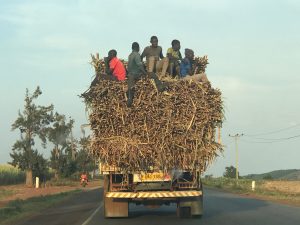
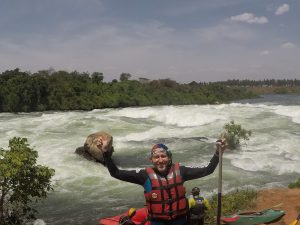
DCIM100GOPROGOPR4405.JPG
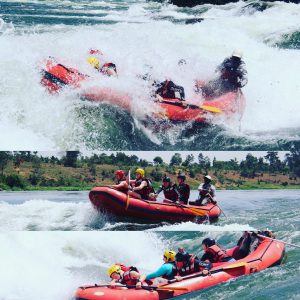
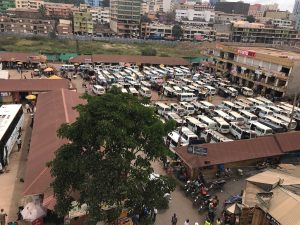
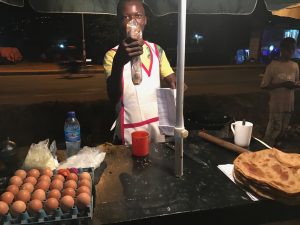
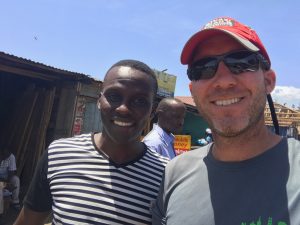
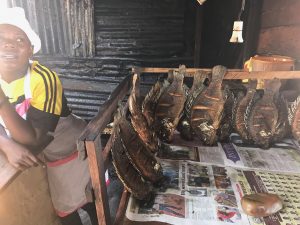
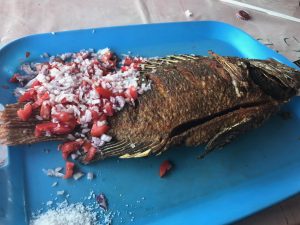
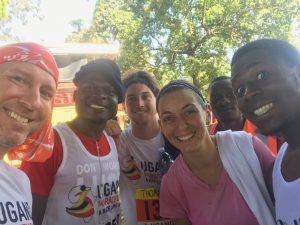
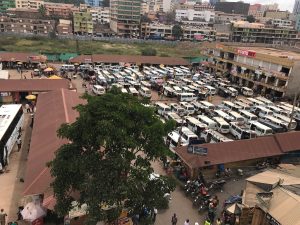
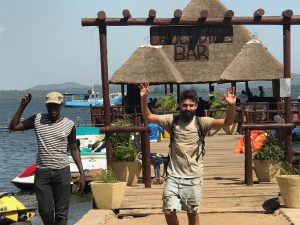
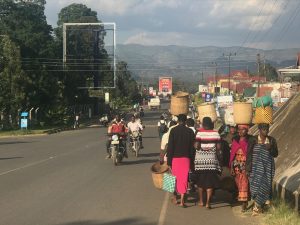
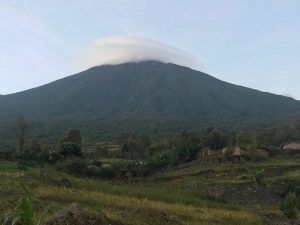
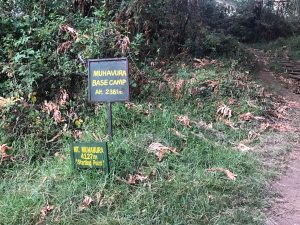
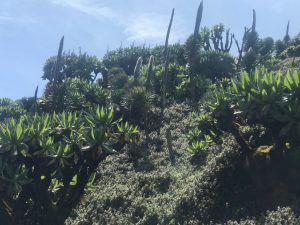
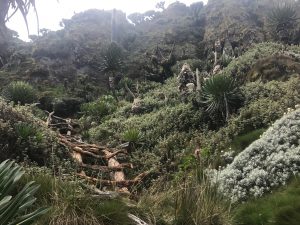
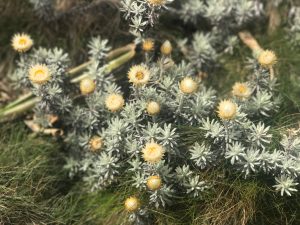
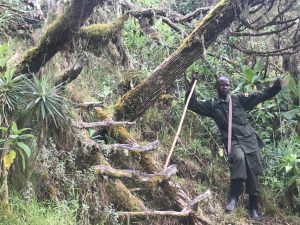
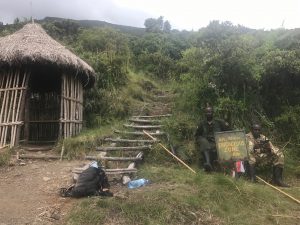
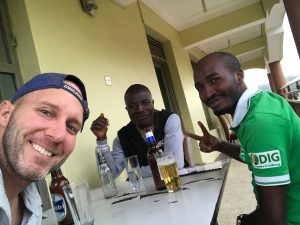

Warming up for the Uganda Marathon
